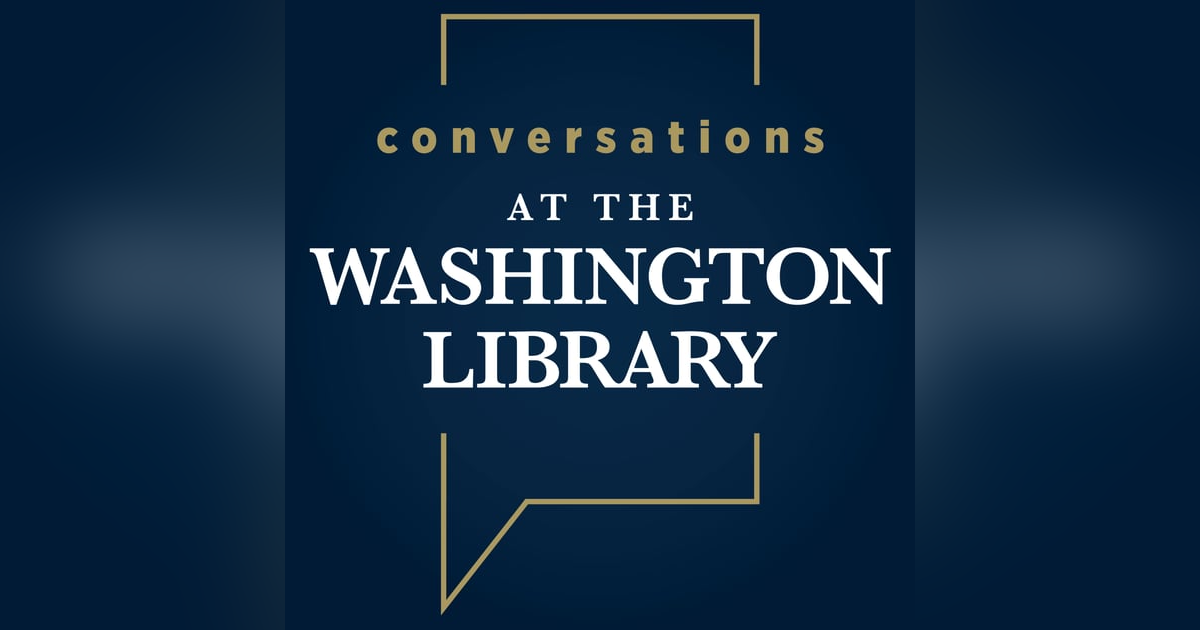148. Inventing Disaster with Cindy Kierner

On the morning of November 1, 1755, a devastating earthquake struck the Portuguese capital of Lisbon. The quake leveled buildings, triggered fires, and caused a tsunami that laid waste to the urban landscape. When it was all over, thousands were dead.
The Lisbon earthquake was a disaster of epic proportions, so much so that it became the subject of the first major international disaster relief effort. People from around the Atlantic world contributed funds to Lisbon and its inhabitants, including a £100,000 donation from King George II of Great Britain.
The quake also marked a change in how people around the Atlantic world responded to disasters. Surely, many who awoke that morning to celebrate All Saints Day attributed the devastation to God’s wrath, but in the era of the Enlightenment, many more still looked to reason and science as modes of explanation, and to alleviate the suffering.
On today’s episode, Dr. Cindy Kierner of George Mason University joins us to discuss the origins of our modern attitudes toward disasters. She is the author of the new book, Inventing Disaster: The Culture of Calamity from the Jamestown Colony to the Johnstown Flood.
And as you might have divined from the book’s subtitle, how we now respond to disasters like the coronavirus, California wildfires, or Hurricane Katrina is the product of a long history that dates back to the 17th century.
About Our Guest:
Cindy Kierner received her Ph.D. from the University of Virginia in 1986. A specialist in the fields of early America, women and gender, and early southern history, she is the author or editor of eight books and many articles. Kierner is an OAH Distinguished Lecturer and past president of the Southern Association for Women Historians (SAWH), and she has served on several editorial boards. Her research has received support from the American Historical Association, the Virginia Historical Society, the Library Company of Philadelphia, the American Antiquarian Society, and the National Endowment for the Humanities.
About Our Host:
Jim Ambuske, Ph.D. leads the Center for Digital History at the Washington Library. A historian of the American Revolution, Scotland, and the British Atlantic World, Ambuske graduated from the University of Virginia in 2016. He is a former Farmer Postdoctoral Fellow in Digital Humanities at the University of Virginia Law Library. At UVA Law, Ambuske co-directed the 1828 Catalogue Project and the Scottish Court of Session Project. He is currently at work on a book about emigration from Scotland in the era of the American Revolution as well as a chapter on Scottish loyalism during the American Revolution for a volume to be published by the University of Edinburgh Press.
--- Send in a voice message: https://anchor.fm/mountvernon/message Support this podcast: https://anchor.fm/mountvernon/support

















